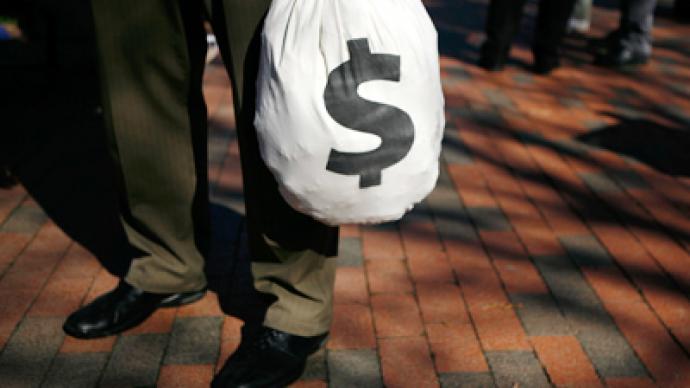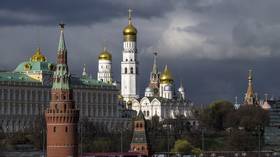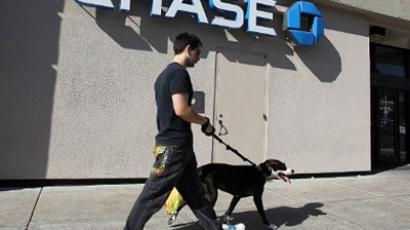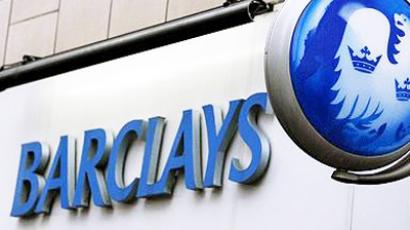Super-rich stash $21 tn in offshore havens

Wealthy tax evaders, aided by private banks have exploited loopholes in tax legislation and stashed over $21 tn in offshore funds, says a report. The capital drained from some developing countries since 1970 would be enough to pay off national debts.
The findings show the gap between the haves and the have-nots is much larger than previously thought.The document, entitled The Price of Offshore Revisited, was commissioned by The Tax Justice Network campaign group and leaked to the Guardian. The report provides the most detailed valuation of the offshore economy to date. "The problem here is that the assets of these countries are held by a small number of wealthy individuals while the debts are shouldered by the ordinary people of these countries through their governments," wrote James Henry, expert on tax havens and former chief economist at consultancy McKinsey in his report.The document cites the world’s leading private banks as cherry-picking from the ranks of the uber-rich and siphoning their fortunes into tax-free havens such as Switzerland and the Cayman Islands.The wealth of the super-rich is "protected by a highly paid, industrious bevy of professional enablers in the private banking, legal, accounting and investment industries taking advantage of the increasingly borderless, frictionless global economy."Henry writes that a large part of the trillion dollar hoard belongs to around 92,000 individuals, an elite class of super-rich who make up 0.001 percent of the global population."These estimates reveal a staggering failure: inequality is much, much worse than official statistics show, but politicians are still relying on trickle-down to transfer wealth to poorer people," said John Christensen of the Tax Justice Network.The report records the flow of capital from countries into offshores over the past few decades. Saudi Arabia saw almost $300 billion drained from their economy since the 1970s, while Russia saw almost $800 billion leave its economy in hidden assets since the fall of the Soviet Union. Nigeria issued a loss of $300 billion since the mid-1970s.Henry points the finger at the world’s top ten private banks, among them UBS and Credit Suisse, for aiding wealthy clients to dodge taxes.According to Henry’s figures, the top financial leaders processed more than $6 trillion in funds in 2010, more than double the previous year.Banking system – rotten to the coreLast week the US Senate released a report damning the actions of the UK bank HSBC. The report highlighted evidence of the bank’s laх security policies leading to money laundering cases.It referenced $7 billion in cash that had crossed the Mexican border into the US and been deposited in HSBC from 2007 to 2008. The report suggests that the billions of dollars could have come from drug sales in Mexico.The probe also shed light on a number of other instances when the bank bypassed US safeguards, potentially bankrolling terrorists and drug lords in the process. The bank had previously had to pay out $1bn to US authorities for money laundering offenses committed between 2004 and 2010.The G20 has repeatedly made calls to end tax-free havens since the beginning of the financial crisis in 2008, but these plans have not yet come to fruition.














